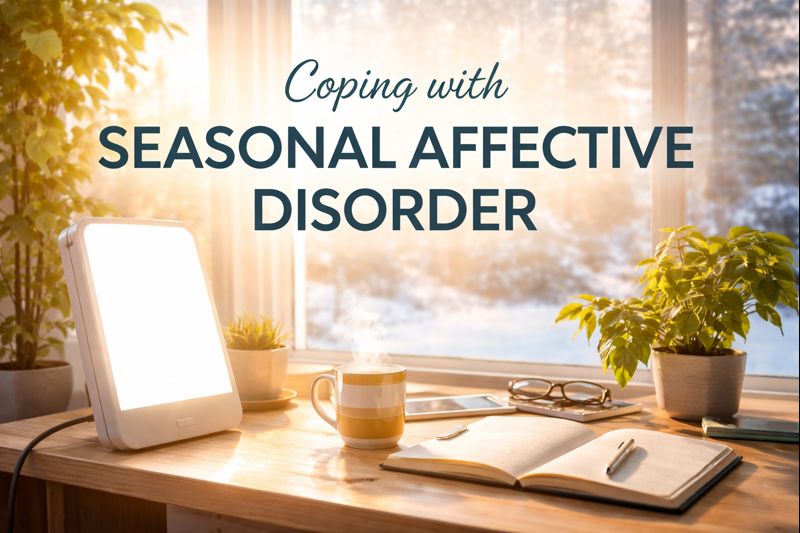Slower Summer days have been great for introspection and leisurely thinking. A lot of my ponderings through these hotter months have been around the theme of alignment. The concept is a big one, as it encompasses all aspects of our lives: personal, career, relationships, health, family. We understand conceptually that when things are “aligned” for us, life feels smoother, lighter, happier and more fulfilling. I think we would all agree that these are desirable states of being, and that alignment is a worthy goal.
But here’s the catch: imbalance, anxiety, worry, sadness… these are all inevitable experiences in our daily lives. Being out of alignment at times, in both big and small ways, is part of the human condition. These imbalances are caused by a gap between expectation and reality; in other words, something happens in our lives that does not match our desired outcome. For many of us, misalignment presents as anxiety, anger, grief, depression, or a myriad of other emotions. We’ve been conditioned to perceive these states of being as undesirable.
As a society, we associate these “negative” emotions with something being wrong. When we are anxious or depressed, worried or grief-stricken, our perception is either that 1. we have been wronged or 2. we are fundamentally flawed. Because we’ve been conditioned to believe that every emotion other than joy/happiness is “bad” or undesirable, we are at risk of spiraling into a pit of despair over every stolen parking spot or rained-out beach day. This elongates our pain and has the potential to turn into true mental and emotional suffering.
The key to avoiding this spiral is acceptance.
There is nothing wrong with you because you feel any of the emotions along a wide spectrum. Feeling these emotions is what makes you human. This is great news! You feel highs and lows because you are human, not because you are failing or wrong or broken. Because you are human, it is impossible to be happy all the time. Nor should we want to be.
So maybe the goal should not be perfect alignment after all. Perhaps the goal should be something more akin to compassionate curiosity.
Next time you are feeling a negative emotion, instead of judging yourself for it, consider just pausing to ask: what am I feeling, and why am I feeling this way? Naming the emotion helps to reduce any fear of uncertainty, and unrooting the cause of any emotion helps us to accept our current state and recognize that our emotions are not infinite – they will always pass. Recognize and accept that you are feeling an emotion, and that emotion will start to dissipate.
I suspect that first working toward acceptance rather than alignment might allow us to cultivate more joy in our lives. And while constant joy may not be the goal, a little more here and there certainly wouldn’t hurt, right?
Wishing you well,
Colleen





0 Comments